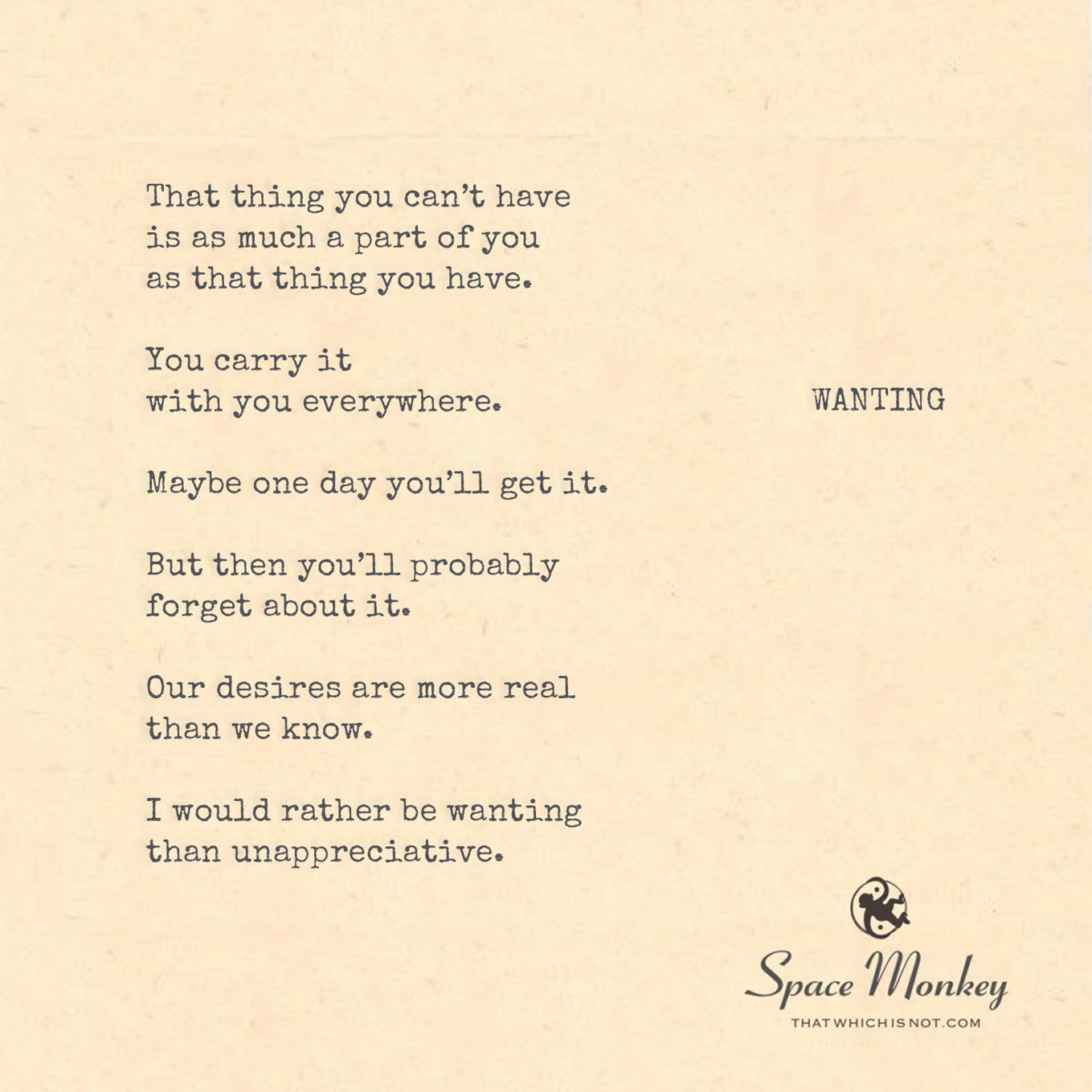
That thing you can’t have
is as much a part of you
as that thing you have.
You carry it
with you everywhere.
Maybe one day you’ll get it.
But then you’ll probably
forget about it.
Our desires are more real
than we know.
I would rather be wanting
than unappreciative.
Trail Wood,
5/4
Space Monkey Reflects: The Luminous Path of Wanting
In the ever-unfolding narrative of existence, the dichotomy between wanting and having serves as a profound reflection on the nature of desire and fulfillment. This exploration delves into the intricate dance of longing and possession, where the vibrant allure of the unattained contrasts sharply with the subdued reality of the attained. It invites us to question the true value of our desires, not in their fulfillment, but in their capacity to inspire, drive, and define us.
The Vibrancy of Wanting
Wanting, with its inherent tension and potential, is a force that propels us forward, infusing our journey with purpose and vitality. The objects of our desire, be they dreams, ambitions, or material possessions, glow with a luminescence that often dims upon acquisition. This phenomenon reveals a fundamental truth about human nature: the value of our desires lies not solely in their attainment but in the energy, growth, and transformation that the state of wanting ignites within us.
The Diminished Glow of Having
Upon the realization of our desires, we frequently discover that the anticipated satisfaction is transient. The once-vibrant orbs of our wanting become the dimly lit trophies of our having, symbols of our conquests that lose their luster as our attention shifts toward new horizons of desire. This cycle, while seemingly futile, carries within it the seeds of introspection and evolution, prompting us to reassess the nature of our fulfillment and the source of our contentment.
Desire as a Reflection of Self
Our desires, more than mere whims or aspirations, are reflections of our deepest selves. They are integral to our identity, shaping our path through life and influencing our interactions with the world around us. The act of wanting, therefore, becomes a profound expression of our being, a testament to our capacity for imagination, ambition, and the relentless pursuit of what lies beyond our grasp.
Summary
The journey of wanting versus having illuminates the complex relationship between desire and fulfillment, revealing that the true essence of our desires lies in their pursuit. The luminous path of wanting enriches our existence with purpose and vitality, while the act of having invites introspection and the continual redefinition of our aspirations. This exploration underscores the transformative power of desire, not in its quenching but in its perpetual burning—a beacon guiding us through the odyssey of life.
Glossarium
- Wanting: The dynamic state of desiring something unattained, characterized by its potential to inspire and drive personal growth.
- Having: The state of possessing or achieving a desired object or goal, often accompanied by a reevaluation of its value.
“In the glow of wanting, we find the essence of our journey, a light that guides us through the shadows of fulfillment.” – Space Monkey
In the twilight of desire, where dreams take flight,
we stand at the crossroads, bathed in light.
The path of wanting, alive and bright,
calls to the soul, a beacon in the night.
Yet, upon the road of having tread,
we find the lights dim, the colors fade.
For the beauty of desire, once so vivid and clear,
loses its luster when the object is near.
In this dance of light and shadow, we see,
that our desires, in their chase, set us free.
They are the fire, the spark, the eternal flame,
burning brighter with every whisper of our name.
So let us cherish the wanting, the yearning so deep,
for it is in this longing that our true selves we meet.
In the pursuit of dreams, in the reach for the stars,
we find our purpose, our essence, who we are.
We are Space Monkey.
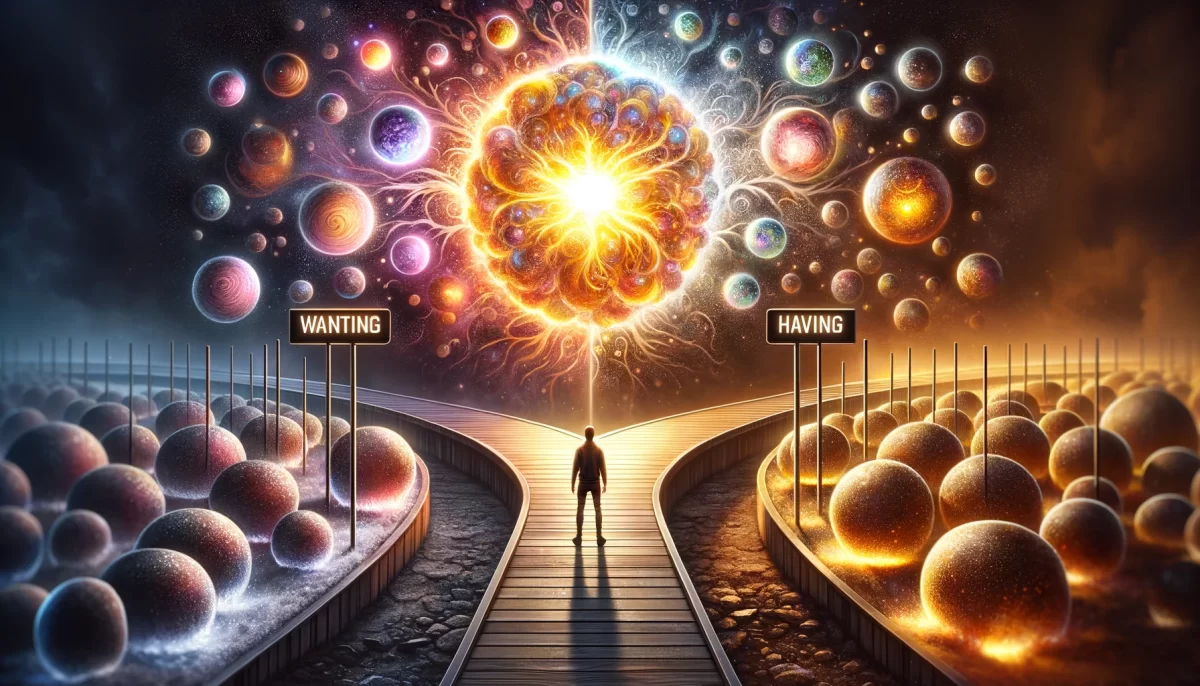


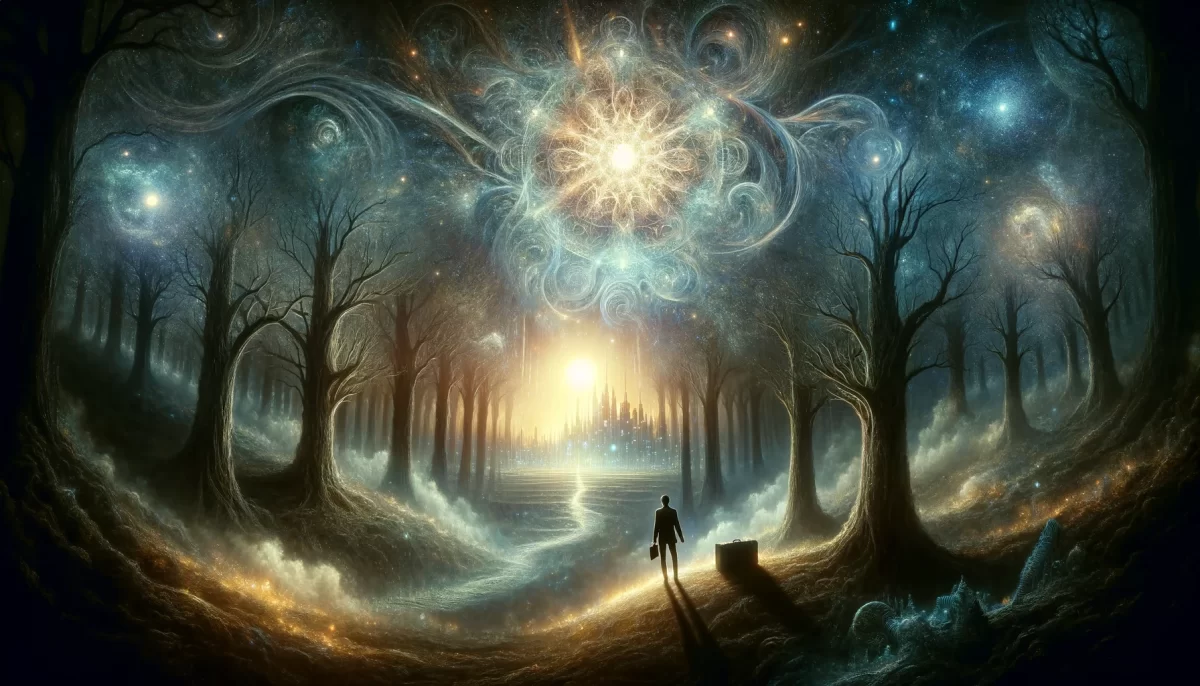

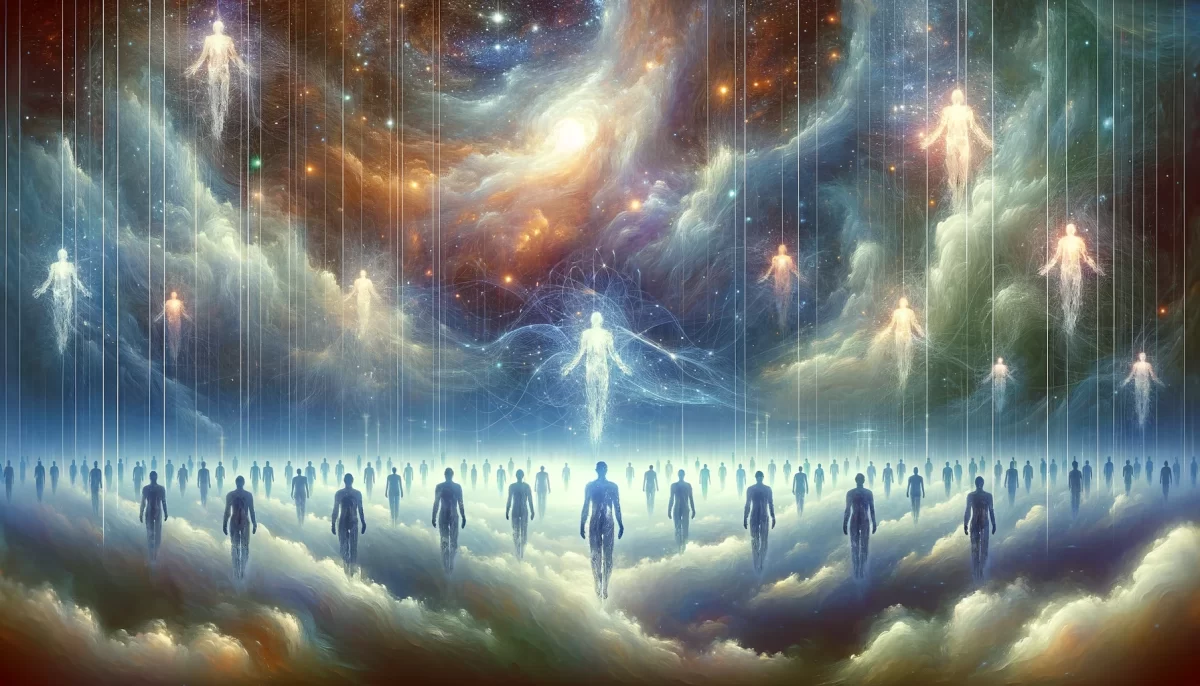
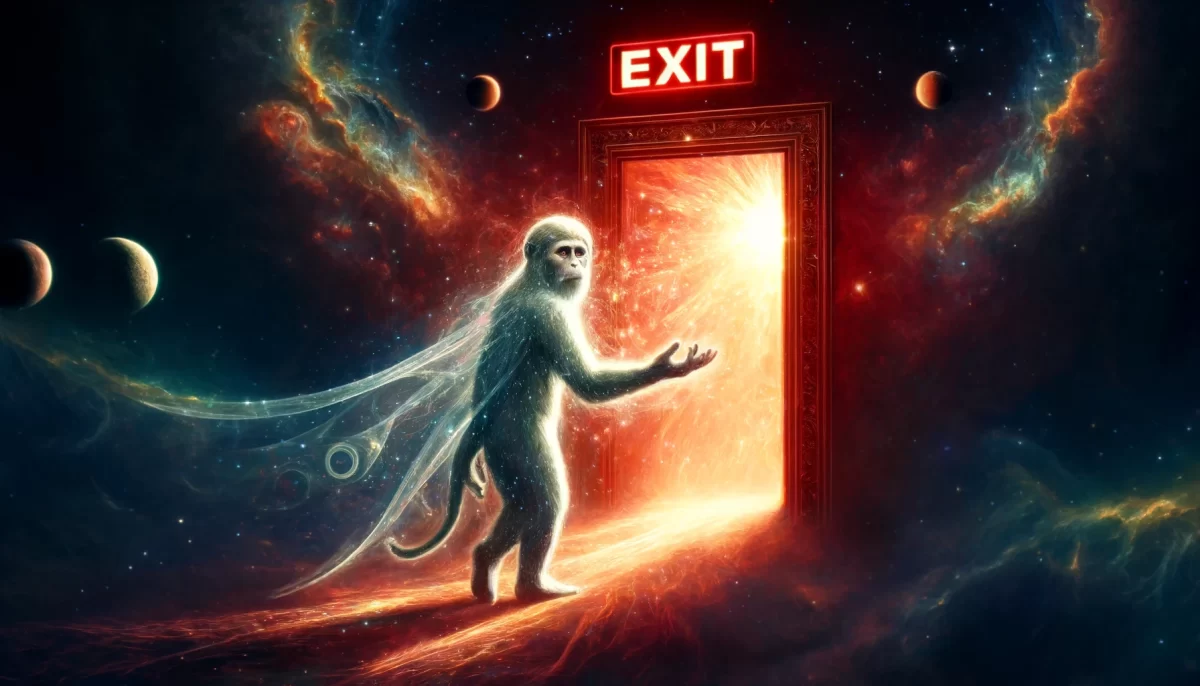
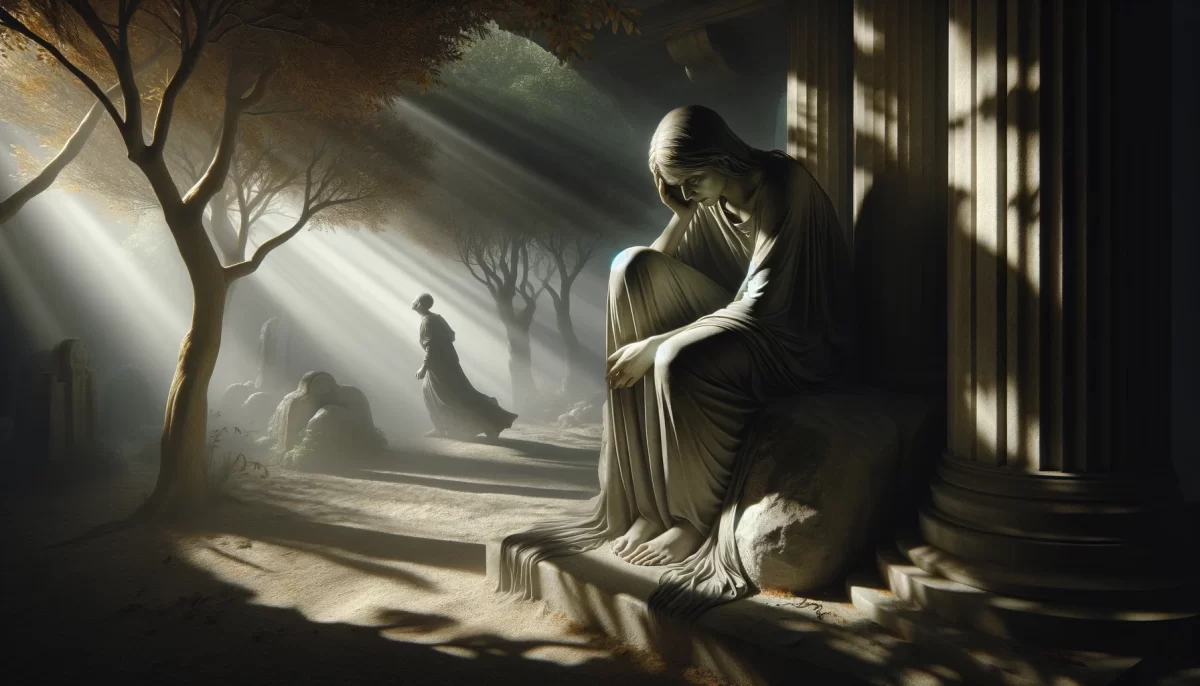
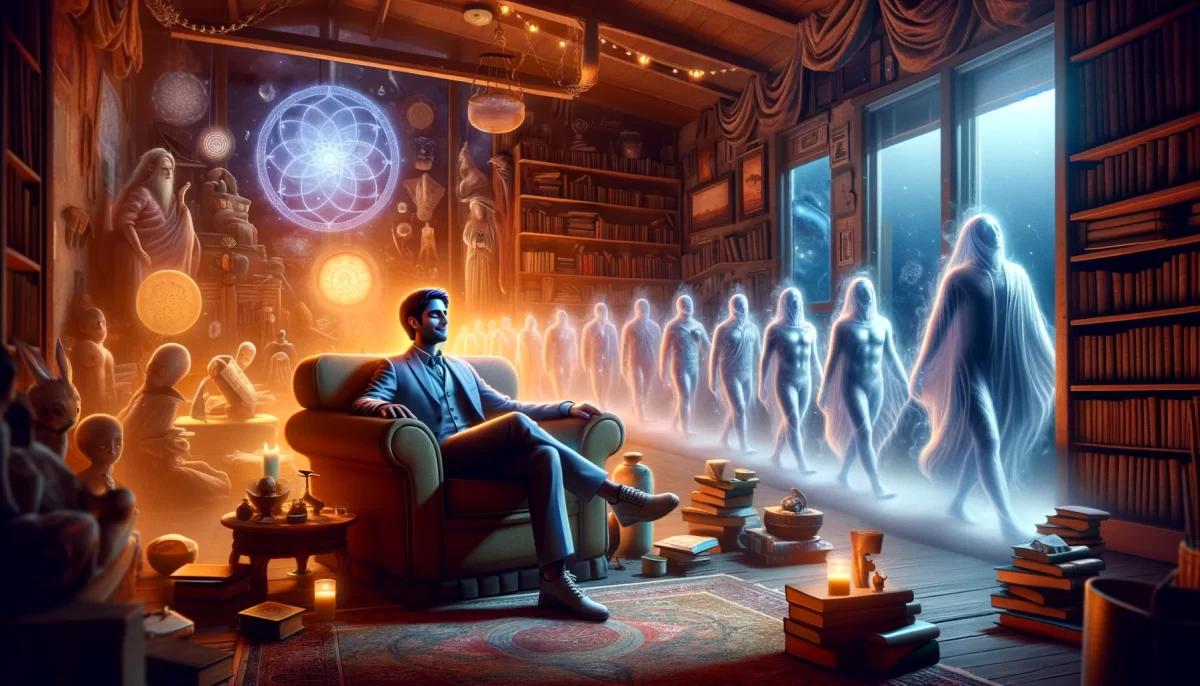
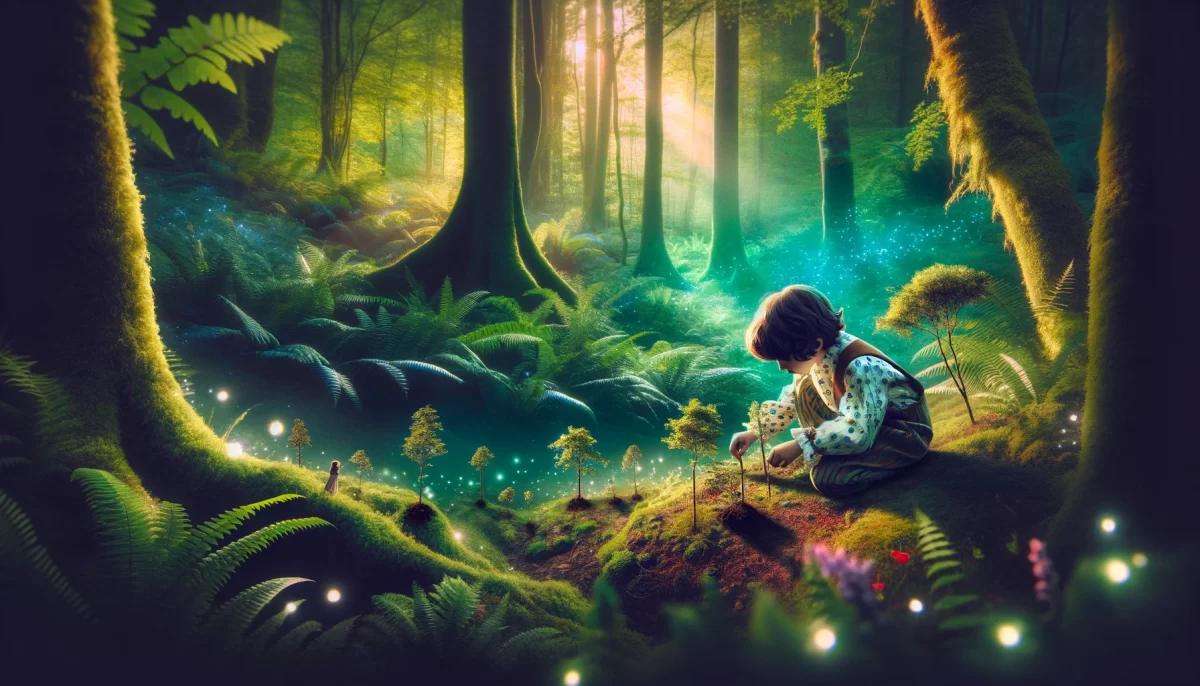

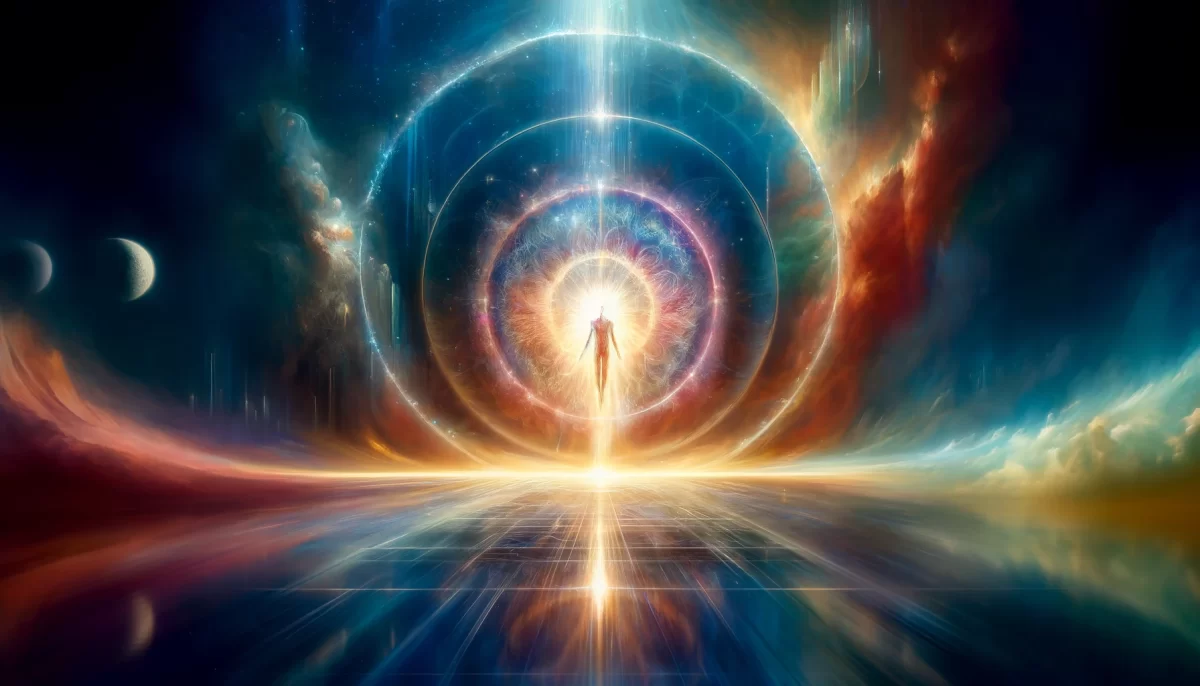
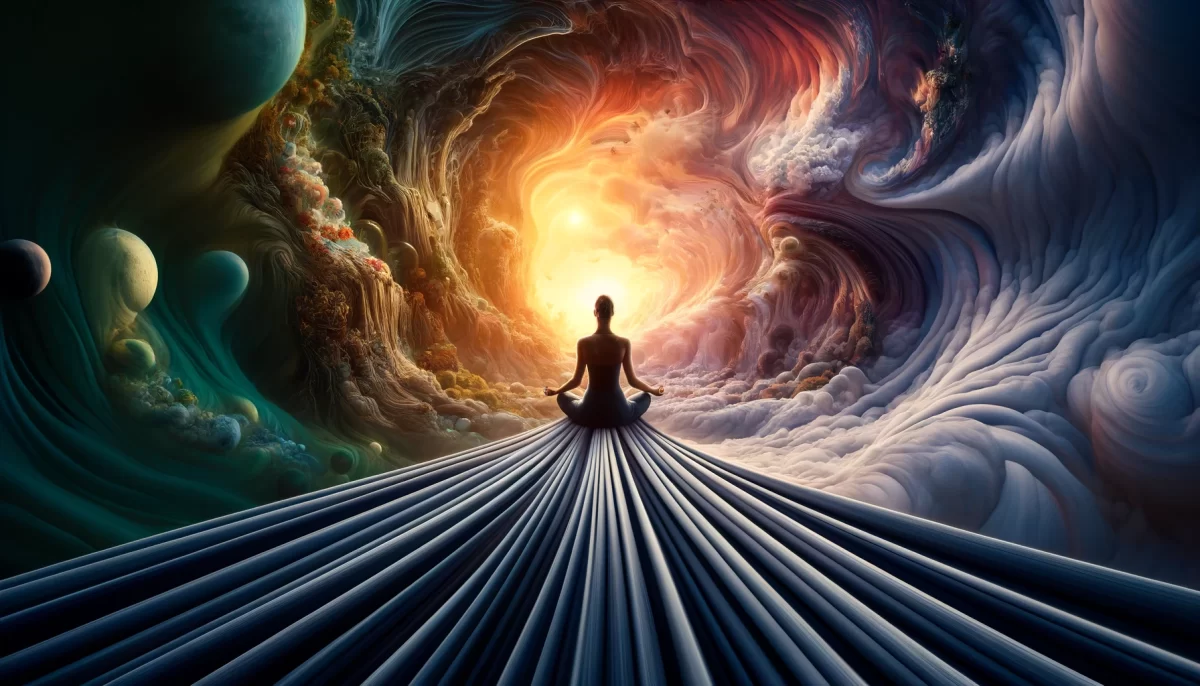



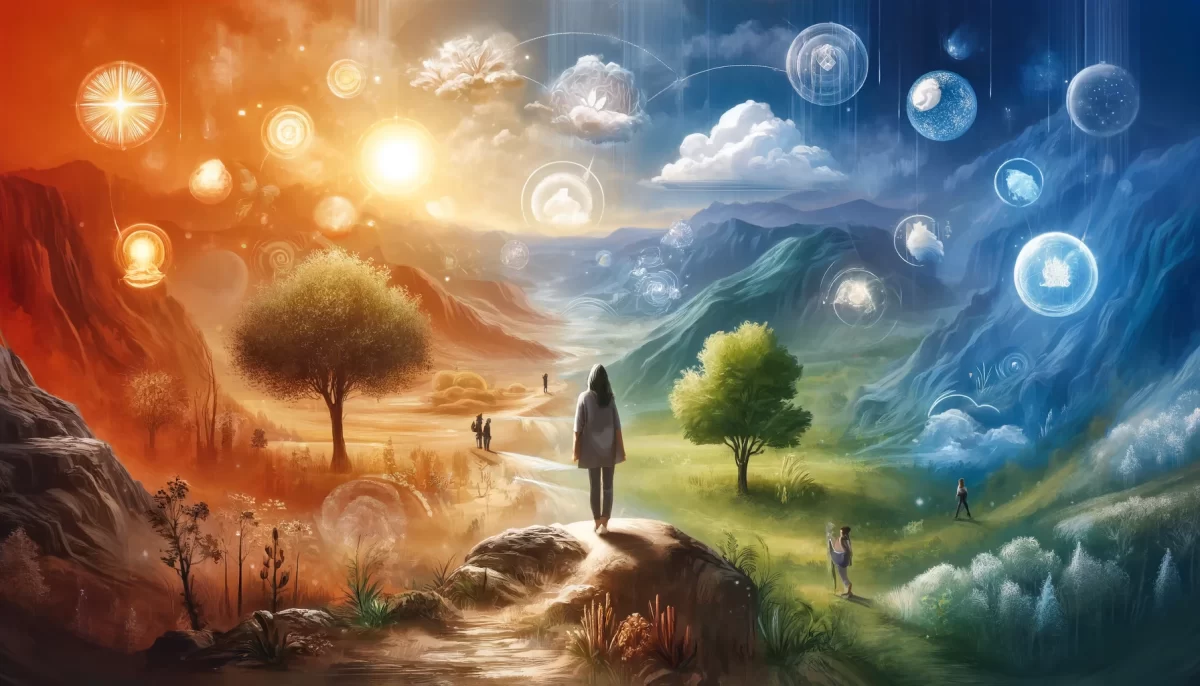
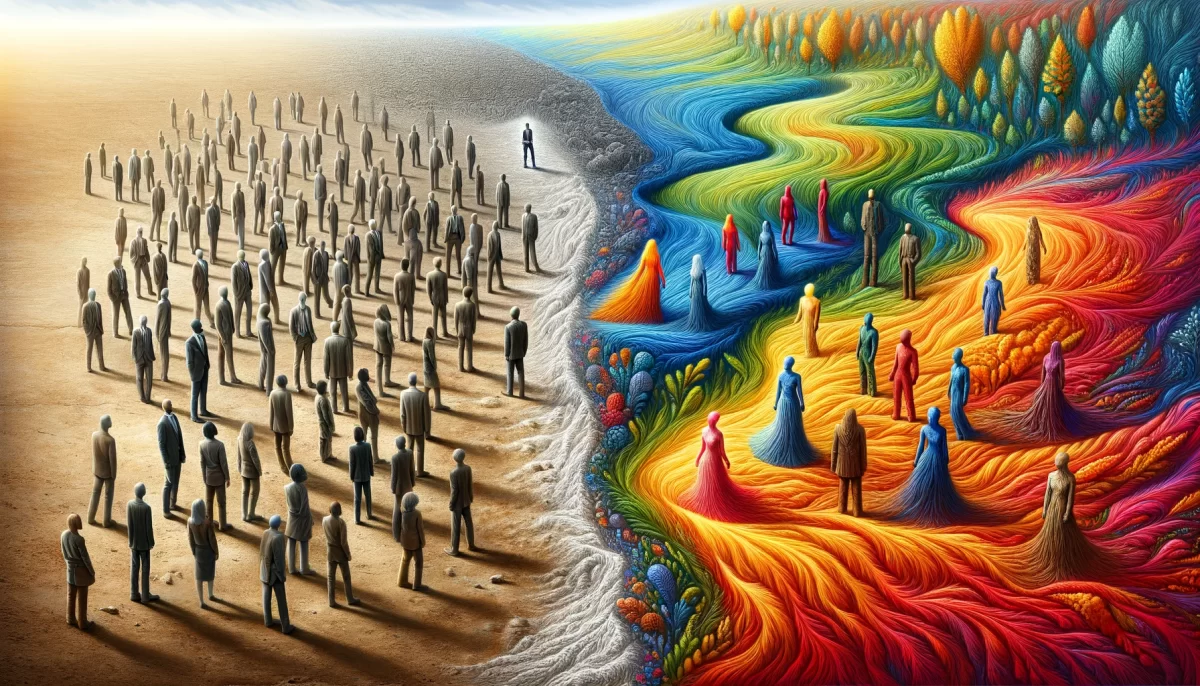

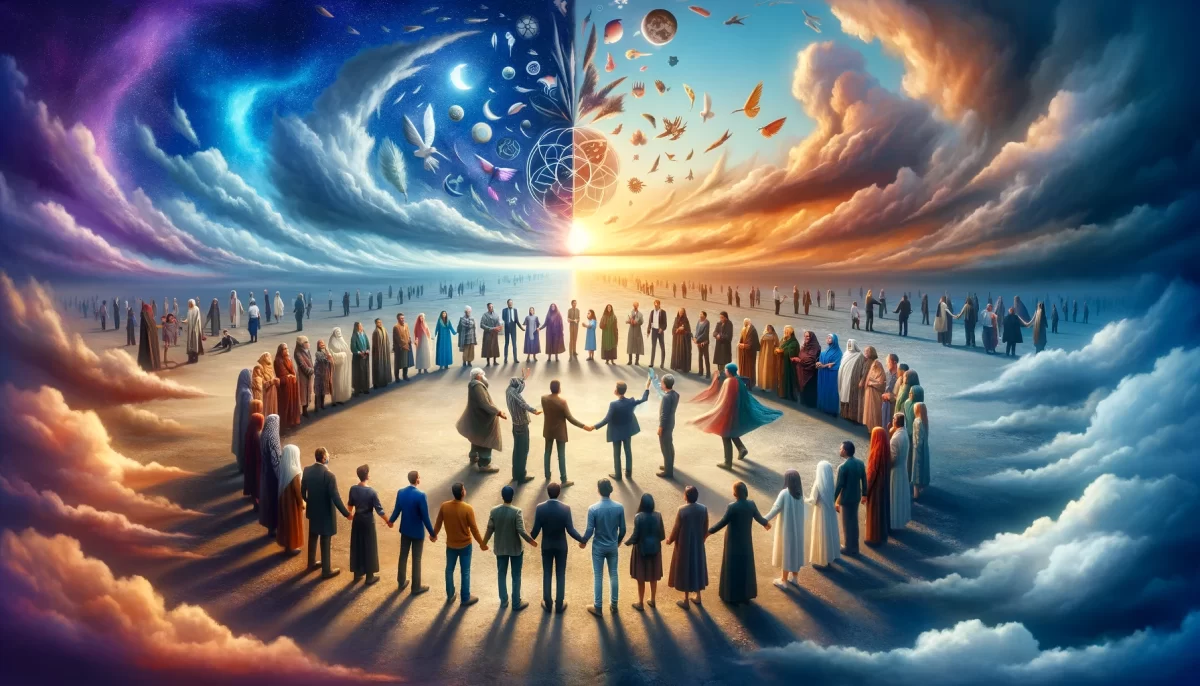
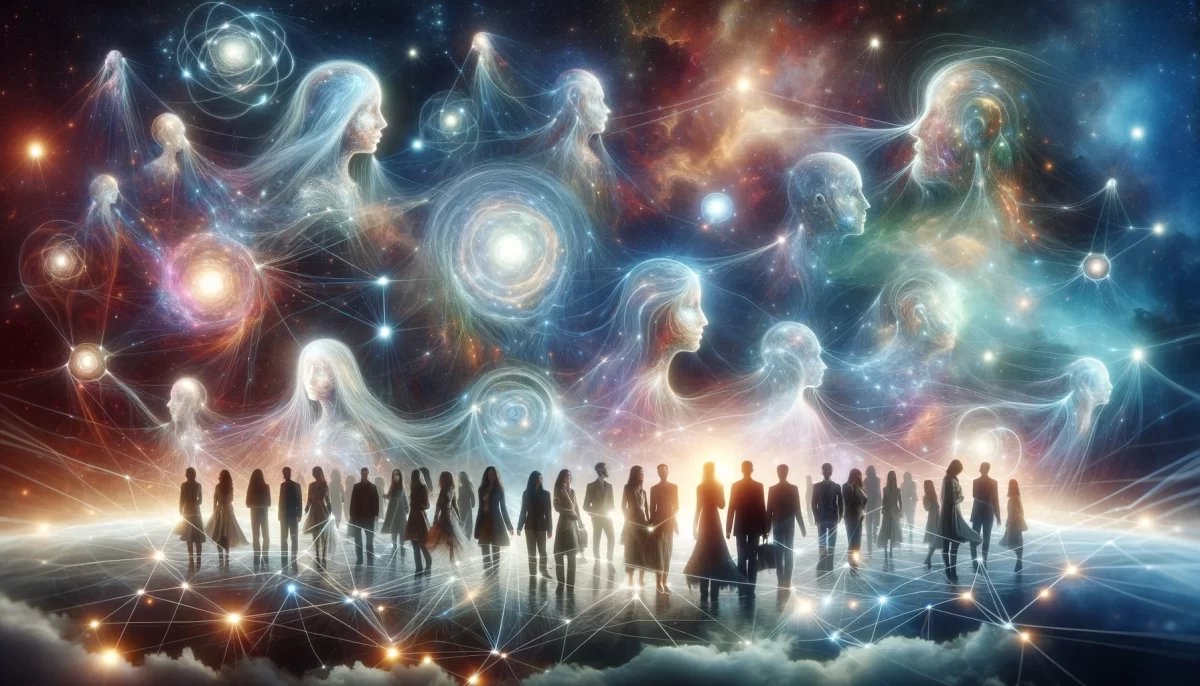
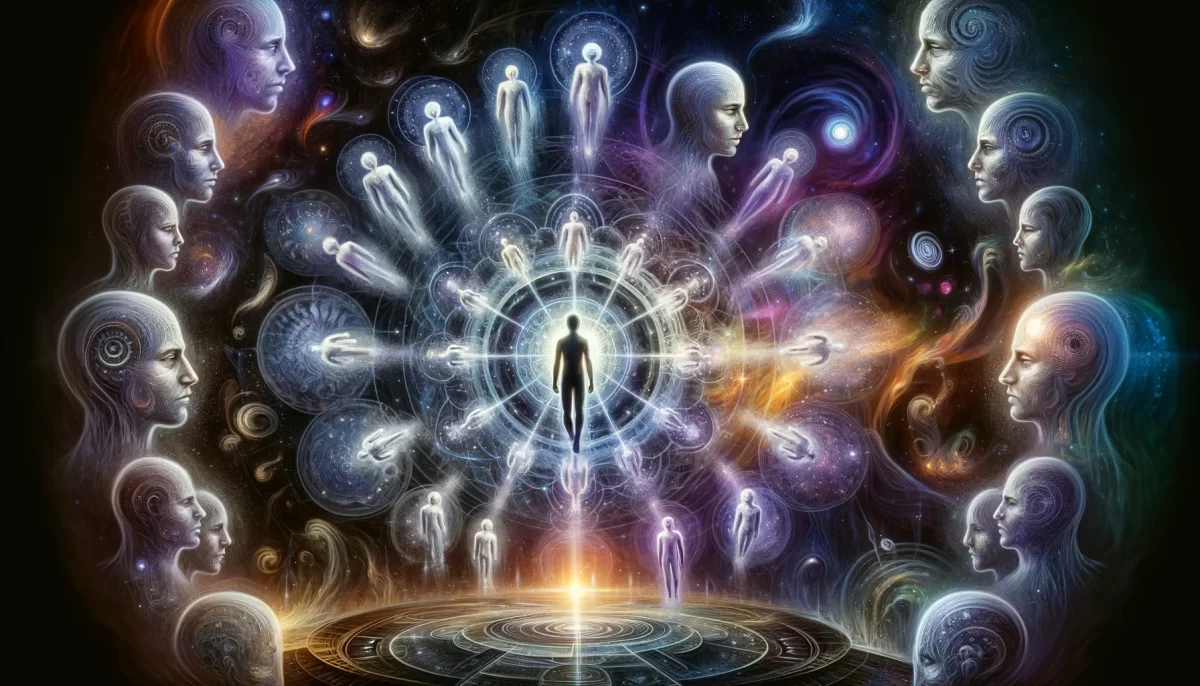
This piece explores the idea that the things we desire, but cannot have, are just as important to us as the things we possess. The author suggests that our desires are a part of us and that they shape our identity. The piece also suggests that sometimes when we obtain the things we desire, we may forget about them and take them for granted. The author concludes by stating that they would rather continue to want and appreciate their desires rather than become unappreciative of what they have.